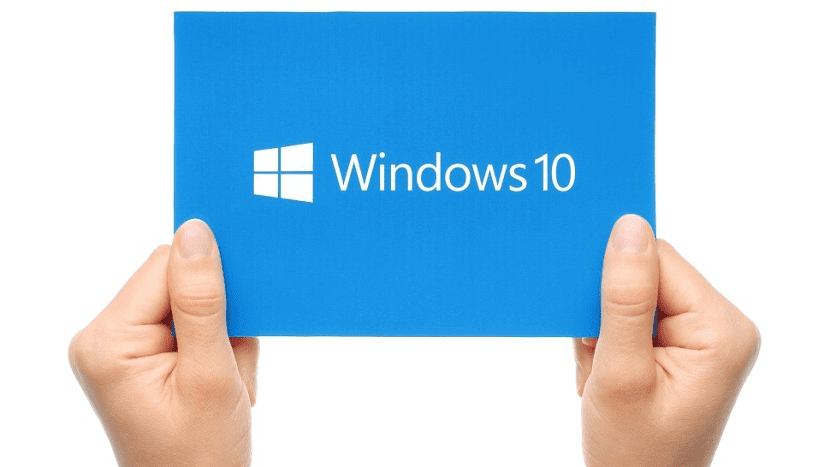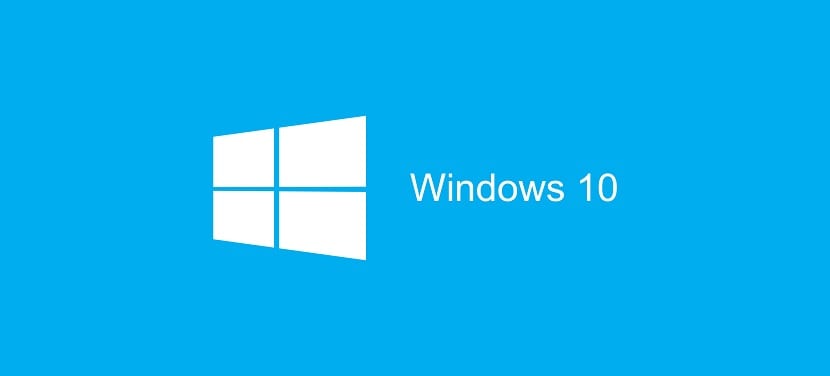
Remote desktop is a feature in Windows 10 which can be very useful in various situations. Although it is also seen as something that can pose a risk to the computer for users. For this reason, many people prefer to have this feature disabled on their computer, so that they do not have to be exposed to risks.
This is something we can do in a simple way. Here are all the steps we have to follow to be able to disable remote desktop in Windows 10. So if you don't want to use this function, you will be able to leave it deactivated in the best possible way.
First of all we will have to open the control panel of our computer with Windows 10. To do this, we can search for it in the start menu on the computer. Then, we enter System and security and then, within the options section on the left, we will click on the option called Remote access configuration.

In some cases, this section does not appear. We can access in the same way by clicking on advanced settings and then in the next window click on Remote access. We then arrive at a window, where we have to look at the option called Do not allow remote connections to this computer. We have to make sure that it is checked.
This is what allows said Windows 10 remote desktop is not activated on the computer. In this way, if someone tries to connect through RDP to our computer, they will not be able to do it at any time. So they will not be able to take advantage of a vulnerability like this in our team.
If at some point in the future you want to activate the option, the steps to follow are the same. So we have to make sure that the option we have checked is going to be unchecked. Which will then allow this remote desktop to be used in Windows 10.